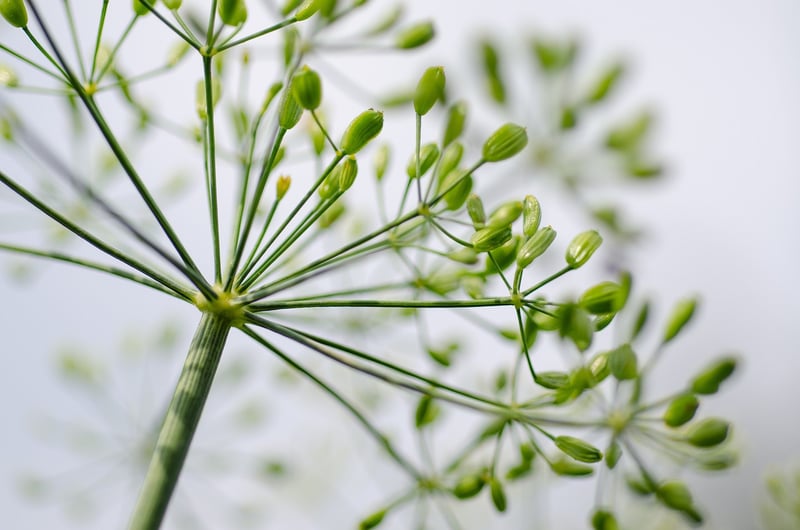Herbs & Vegetables
Choosing the Right Plants for Your Garden
Creating a beautiful and thriving garden starts with selecting the right plants. Whether you're a seasoned gardener or just starting, choosing the perfect plants can make all the difference. Here are some tips to help you make the best choices for your garden:
1. Consider Your Climate
Before selecting plants, it's essential to understand your local climate. Different plants thrive in different conditions, so choose varieties that are well-suited to your region's temperature and sunlight levels.
2. Determine Your Garden's Needs
Think about the purpose of your garden. Are you looking to create a colorful flower bed, a lush green space, or a vegetable garden? Tailor your plant selection to meet the specific needs and goals of your garden.
3. Assess Your Soil Quality
Soil quality plays a crucial role in plant growth. Test your soil to understand its pH levels and nutrient content. Select plants that are compatible with your soil type or amend it to suit your chosen plants.
4. Choose Plants for Different Heights
Creating visual interest in your garden involves selecting plants of varying heights. Combine taller plants like sunflowers or hollyhocks with medium and low-growing plants to add depth and dimension to your garden.
5. Plan for Seasonal Interest
Ensure your garden looks beautiful year-round by selecting plants that offer seasonal interest. Choose a mix of plants that bloom in different seasons to enjoy a colorful garden throughout the year.
Growing Herbs and Vegetables
Aside from ornamental plants, growing herbs and vegetables can be a rewarding experience. Here are some tips to help you get started with your herb and vegetable garden:
1. Start with Easy-to-Grow Herbs
If you're new to herb gardening, begin with easy-to-grow herbs like basil, mint, and chives. These herbs are resilient and versatile, making them perfect for beginners.
2. Consider Your Cooking Preferences
Choose herbs and vegetables that you enjoy using in your cooking. Growing your own herbs like rosemary, thyme, and parsley can enhance the flavors of your dishes and reduce the need for store-bought herbs.
3. Provide Adequate Sunlight and Water
Most herbs and vegetables thrive in full sunlight, so ensure they receive at least 6-8 hours of sunlight per day. Water your plants regularly, keeping the soil moist but not waterlogged.
4. Utilize Container Gardening
If you have limited space, consider growing herbs and vegetables in containers. This allows you to cultivate a variety of plants even in small areas like balconies or patios.
5. Harvest Regularly
To encourage continuous growth, harvest your herbs and vegetables regularly. Pruning herbs like basil and mint promotes bushier growth, while picking vegetables like tomatoes at the right ripeness ensures a bountiful harvest.

By following these tips and selecting the right plants for your garden, you can create a vibrant and flourishing outdoor space that brings you joy and satisfaction throughout the year.
